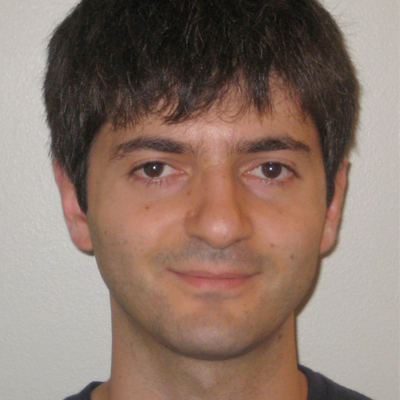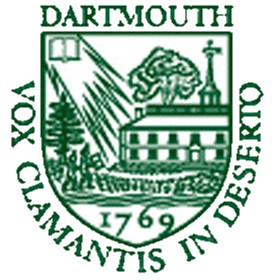How the design of novel proteins will create a new generation of scientific exploration
Proteins are molecules that carry out remarkably complex tasks in living cells. Among other things, proteins can be sensors, they can generate mechanical force, and carry out chemical reactions. Remarkably, this breadth of function is encoded in a seemingly simple way -- every protein is a chain of amino-acid building blocks, of which only 20 commonly exist in nature. And the unique sequence of these amino-acid letters determines the specific functions that each protein molecule can carry out. What this means is that proteins are programmable-if we change the amino-acid sequence, we change what the protein does. This is incredible and means that what we have in proteins is an unprecedented capacity to program a remarkably functional class of molecules. The implications of learning to do this well are difficult to overestimate -- from better therapeutics, to novel smart materials, to clean energy solutions.
Dr. Gevorg Grigoryan has devoted his professional career to understanding the complex language of sequencing in order to program molecules. His work is based upon the principle that everything in nature exists because of the encoding of such proteins. Therefore, if he is able to harness the ability to program proteins in order to design novel proteins then, the results will have wide ranging applications -- currently incomprehensible to even imagine. Dr. Grigoryan's highly technical research requires an interdisciplinary team utilizing biology, physics, and computer science. However, despite the rigorous and technical nature of his work, Dr. Grigoryan describes his job as "being creative" saying that his lab is "literally a place where I can have fun and play with ideas."
Specific projects in Dr. Grigoryan's lab fall into three categories:
- HEALTH: Dr. Grigoryan and his associates are designing novel proteins to counteract cellular misregulation leading to colon cancer. They have employed novel computational techniques to design such proteins, have tested them in the laboratory to show correct function, and are now collaborating with translational scientists to demonstrate efficacy in living cells.
- SMART MATERIALS: proteins that self organize into smart materials are being designed that can be used to control atomic events and assemble novel nano-materials with unprecedented properties. Dr. Grigoryan has already been successful in building precisely patterned atomic assemblies between proteins he has designed computationally and carbon nanotubes or graphene. He and his colleagues are now looking to use their proteins for building nano devices enabling novel measurements or therapeutic delivery mechanisms.
- IMPROVING METHODS: Dr. Girgoryan is working to improve the theoretical framework and methods used to design proteins. Success in this pursuit will have a tremendous impact on biomedicine and nano-technology and will likely enable completely new uses of proteins by fully tapping into the remarkable richness of function these molecules are able to encode.
Proteins are the molecules that living cells have chosen as the workhorse for nearly all of their functions. Learning to program these molecules on demand will not only enable novel therapeutics and materials, but will also open an entirely new chapter of science and technology where complex molecules are designed for specific functions at the atomic scale, just as we now design bridges or cars. The most impactful applications are yet to come; as Dr. Grigoryan and his team continue to create novel proteins and demonstrate their efficacy in living cells, unthinkable possibilities will come to light.
Bio
Website: http://www.grigoryanlab.org
He received two Bachelor's Degrees, in Biochemistry and Computer Science, and went on to do his PhD work in Computational Biology at the Massachusetts Institute of Technology. Dr. Grigoryan then did his postdoctoral training at University of Pennsylvania, where he continued to combine computation, theory, and experimental biology to push towards the goal of breaking the language of proteins.
Dr. Grigoryan started a lab at Dartmouth College in 2011 and has since received several research awards, including the Alfred P. Sloan foundation research award, the Neukom Institute CompX Faculty Grant, Junior Faculty Fellowship at Dartmouth College, and an American Cancer Society pilot grant.
Originally from Armenia, Dr. Grigoryan moved to the United States with his family in 1997. He speaks three languages: English, Russian, and Armenian.
Dr. Grigoryan is inspired by proteins. He would like to understand how each protein's function is encoded in its molecular structure and amino-acid sequence. This is a highly interdisciplinary pursuit, involving concepts from biology, physics, mathematics, computer science, and chemistry. Understanding the language of proteins will lead to cures for human diseases and will teach us how to engineer smart novel materials.
In the News
2006-2007
ASBMB Today
Science Magazine


